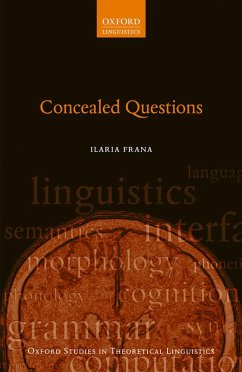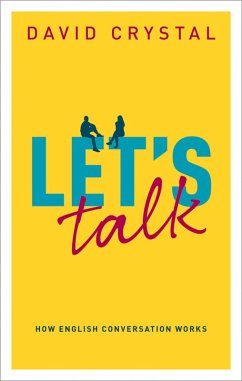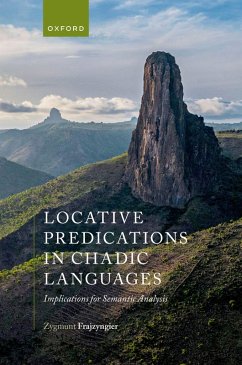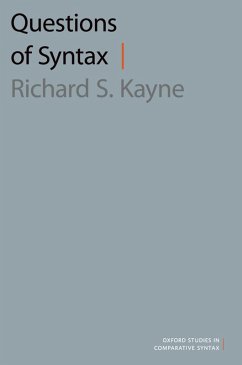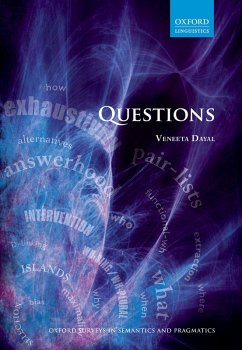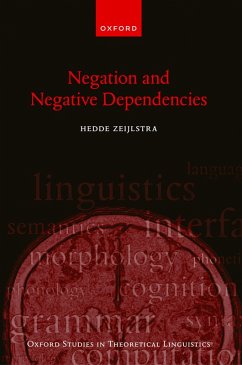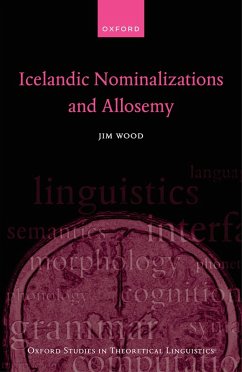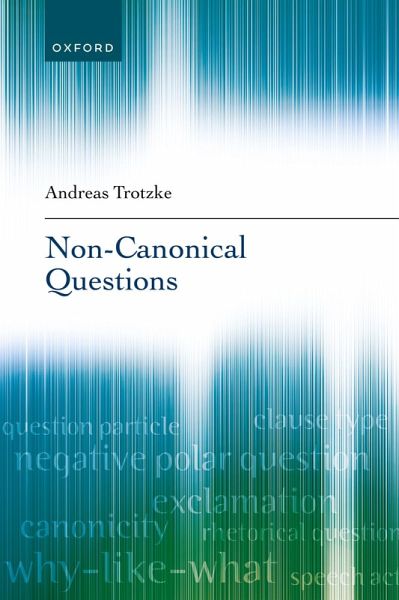
Non-Canonical Questions (eBook, PDF)
Versandkostenfrei!
Sofort per Download lieferbar
52,95 €
inkl. MwSt.
Weitere Ausgaben:

PAYBACK Punkte
26 °P sammeln!
This book is the first to present a comprehensive theory of non-canonical questions, those question types that do not (only) request information from the addressee, but rather (additionally) tell us something about the speaker's epistemic and/or emotional state, such as can't-find-the-value questions, echo questions, rhetorical questions, and surprise questions. While much recent research has explored the formal semantics and the phonetics and phonology of both canonical and non-canonical questions, the literature is still lacking a comprehensive account from a syntax-pragmatics perspective th...
This book is the first to present a comprehensive theory of non-canonical questions, those question types that do not (only) request information from the addressee, but rather (additionally) tell us something about the speaker's epistemic and/or emotional state, such as can't-find-the-value questions, echo questions, rhetorical questions, and surprise questions. While much recent research has explored the formal semantics and the phonetics and phonology of both canonical and non-canonical questions, the literature is still lacking a comprehensive account from a syntax-pragmatics perspective that brings together the multiple findings and strands of research from the last twenty years. The standard view in the syntax-pragmatics literature is that most special interpretations of non-canonical questions involve syntactic projections at or even above the level of illocutionary force. In this work, Andreas Trotzke argues that this approach is a mistake, and proposes a new alternative theory of non-canonical questions in which both their special pragmatics and their syntax, as well as in many cases their emotive component, can be derived solely from propositional-level operators that do not affect the illocutionary level of utterances and can be found across illocutionary forces. This account dramatically simplifies the syntactic analysis of non-canonical questions and is also able to capture some previously unobserved data in the discourse behavior of those question types.
Dieser Download kann aus rechtlichen Gründen nur mit Rechnungsadresse in A, B, BG, CY, CZ, D, DK, EW, E, FIN, F, GR, HR, H, IRL, I, LT, L, LR, M, NL, PL, P, R, S, SLO, SK ausgeliefert werden.




